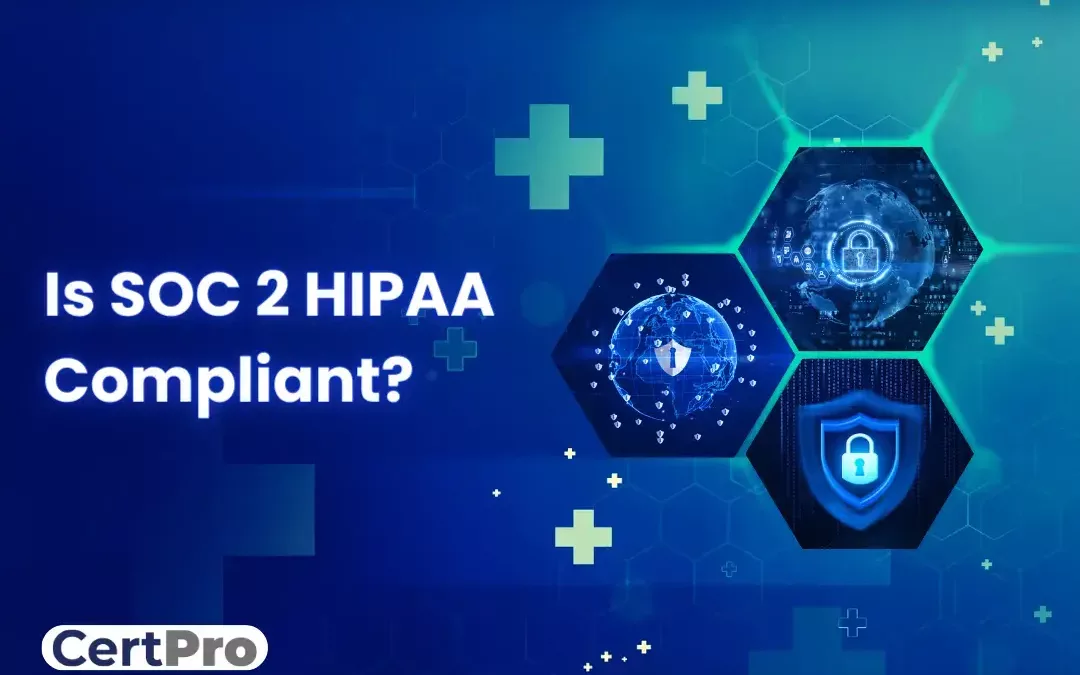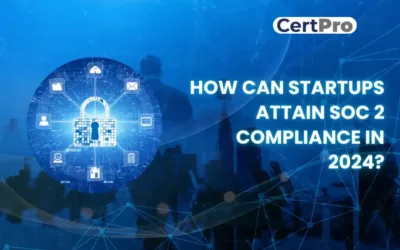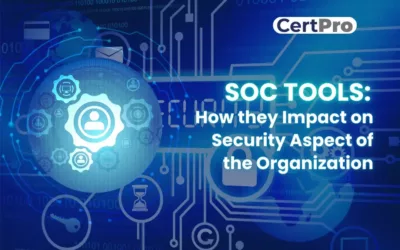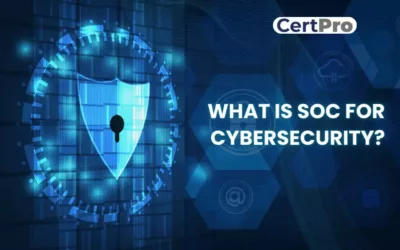As data breaches become a constant threat, safeguarding sensitive information, especially in healthcare, is absolutely crucial. Compliance with regulations, particularly SOC 2 HIPAA, is no longer optional for organizations handling medical data or serving those who do. Compliance isn’t a quick side hustle.
Two towering compliance frameworks, SOC 2 and HIPAA, can cast long shadows of confusion over organizations. Though both stand as formidable guardians of sensitive information, their objectives diverge like tributaries feeding separate oceans. SOC 2, a vigilant sentinel, meticulously inspects the internal controls of service providers, ensuring the secure and trustworthy handling of customer data across diverse industries. HIPAA, meanwhile, dons the armor of healthcare privacy, safeguarding the intimate medical records of patients within the strictly regulated realm of healthcare providers and their affiliates. While both frameworks pursue the noble quest of data protection, their unique spheres of influence demand distinct approaches and compliance strategies, lest organizations find themselves adrift in a sea of regulatory ambiguity.
Overview of SOC 2 and HIPAA
When it comes to healthcare data security, HIPAA and SOC 2 are not just partners; they’re inevitable companions, forming a powerful synergy. If you’re in the medical field, HIPAA’s critical safeguard is likely intimately familiar, acting as the cornerstone for patient information protection. But for total security, SOC 2 steps in, offering robust frameworks that shield data from any threat. Together, they form an impenetrable fortress for healthcare’s most valuable asset: patient privacy.
While SOC 2 and HIPAA share some common ground, weaving HIPAA into a SOC 2 audit introduces a unique set of elements that expand the auditor’s scope. These additions include critical safeguards like comprehensive breach notification protocols and a meticulously crafted attestation report that leaves no stone unturned.
Key additions are as follows:
Key additions are as follows:
- Breach Notifications: When HIPAA is in the mix, the auditor meticulously examines your organization’s ability to swiftly and effectively respond to potential data breaches. This includes evaluating your protocols for notifying affected individuals, regulatory bodies, and other stakeholders within mandated timeframes.
2. Expanded Attestation Report: The typical SOC 2 attestation report undergoes a significant expansion to accommodate HIPAA’s specific requirements. This results in a comprehensive document that meticulously details your organization’s adherence to both HIPAA and SOC 2 safeguards, providing a crystal-clear picture of your commitment to data protection.
SOC 2 HIPAA: Where Do They Meet?
In the United States, HIPAA, or the Health Insurance Portability and Accountability Act, is the law that governs how covered entities, which include insurers, healthcare providers, and their business associates, are required to secure protected health information (PHI). Consider it a minimal security need, protecting patient privacy and thwarting illegal access.
SOC 2 is a voluntary framework that the American Institute of Certified Public Accountants (AICPA) created in contrast. It provides a more comprehensive approach by concentrating on the internal controls of a data-processing service provider. Consider it an act that demonstrates good faith, proving to interested parties that your company has strong security protocols in place.
The following are some significant places where these regulations overlap and strengthen one another’s effects:
1 Confidentiality and Security: Strong security measures like access restrictions, encryption, and incident response procedures are prioritized in both systems. This dual layer of protection, which also ensures the privacy of patient data, greatly reduces the likelihood of breaches.
2. Risk control: Organizations are encouraged under SOC 2 HIPAA to proactively identify and resolve data security threats. Your data protections remain flexible and agile in the face of changing threats thanks to this continual improvement methodology.
3. Transparency and Credibility: Transparency in data security procedures is encouraged by both frameworks. SOC 2 audits and HIPAA compliance reports show stakeholders how committed you are to data protection, which develops connections and builds confidence.
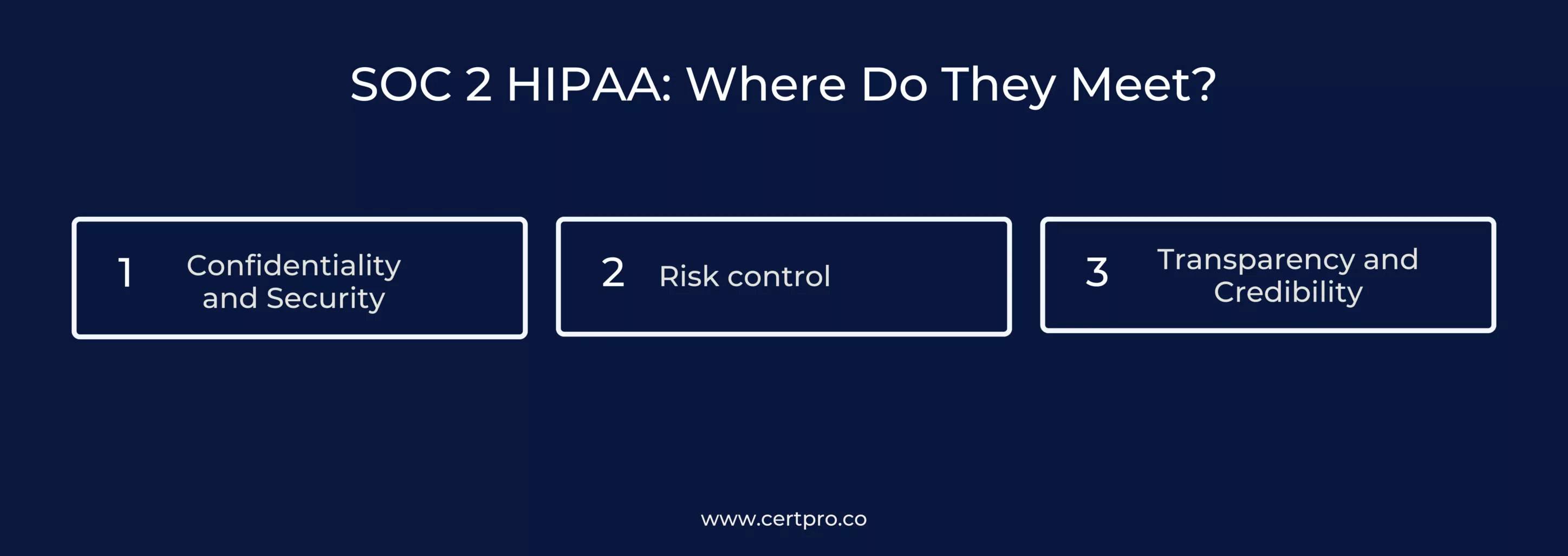
Does HIPAA go under SOC 2?
No, SOC 2 certification and HIPAA compliance are not the same. They’re distinct layers of data protection, and both are crucial for comprehensive healthcare data security. Although both regulations aid in the establishment of policies and practices to meet security objectives and reduce risks, HIPAA offers a more comprehensive framework for PHI protection and has more standards than SOC 2. You may make sure you comply with both standards, though, by taking a proactive stance.
The Advantages of HIPAA Compliance and SOC 2
The truth is that hackers may easily compromise healthcare data, which is extremely valuable. Therefore, it is important to safeguard it at all times. Fortunately, data guardians need not worry, as we have the most powerful tool available to us: the combination of SOC+ HIPAA compliance.
1. Unbreakable Security: Imagine that two layers of unbreakable steel are guarding your data fortress. To construct such a fortress, HIPAA and SOC 2 collaborated closely. Strong security measures in SOC 2 serve as the outer wall, blocking malware and hacking efforts like a knight blocking arrows. HIPAA creates an inner sanctum by focusing exclusively on electronic patient health information (ePHI) and limiting access to only those who are permitted. By lowering the likelihood of breaches, this dual-layered defense shields you from the damaging effects of data disasters on your finances and reputation.
2. Establishing Brand Power: Trust is your most significant asset in the healthcare industry. Relationships with patients depend on it, and a solid reputation is built upon it. Demonstrating your steadfast dedication to data security and privacy, SOC 2 HIPAA compliance works like a powerful trust booster. It serves as a lighthouse, reassuring patients and prospective partners alike that their data is secure. Being transparent and confident like this will win over devoted supporters and drive away the evil forces of mistrust and doubt.
3. Simplified Compliance: HIPAA+ SOC 2 works together like an ideal team, simplifying your journey and making it an easy ride. In what manner? They have complementary abilities. Confidential negotiations with HIPAA’s ePHI protection regulations describe the security and confidentiality requirements of SOC 2. Thus, you can save valuable time, money, and, most importantly, your sanity by developing a single set of strong rules that opens both compliance doors. It’s similar to discovering the miraculous golden key that unlocks both compliance castles, freeing you to concentrate on what really counts—your patients and their data.
SOC 2 vs HIPAA
Despite having comparable rules and controls, the distinctions between SOC 2 Vs HIPAA become apparent, especially when considering SOC 2’s flexibility. To further grasp their respective purposes, consider these key differences between the two.
1. Breach Notification: HIPAA mandates a strict process for notifying affected parties and authorities, requiring notification to the Secretary and public statements within 60 days for breaches impacting 500 or more individuals, with severe penalties for noncompliance. In contrast, SOC 2 lacks rigid guidelines, with breach response plans often considered best practices and not obligatory, leaving notification decisions to the organization.
2. Range of Compliance: SOC 2 adherence encompasses a more extensive spectrum compared to HIPAA compliance. While HIPAA conformity concentrates on safeguarding PHI, SOC 2 adherence spans a broader array of information, encompassing financial data, customer information, and intellectual property.
3. Criteria for Compliance: HIPAA compliance standards and SOC 2 requirements are not the same. While HIPAA compliance consists of three rules—Privacy, Security, and Breach Notification—organizations must adhere to SOC 2 compliance for trust service areas.
4. Target Sectors: A primary distinction between HIPAA compliance and SOC 2 is which sectors are the targets of each. HIPAA compliance is concentrated on healthcare enterprises, whereas SOC 2 compliance is largely aimed at service organizations.
5. Procedure: HIPAA compliance is not a certification, and organizations have the choice to adhere to its regulations. The Office for Civil Rights (OCR) provides ongoing assistance for healthcare challenges, investigates violations, and upholds rules. Companies often conduct HIPAA self-assessments and continuous risk management to ensure compliance. For SOC 2, businesses can undergo flexible yearly audits based on relevant Trust Service Criteria (TSPs). The main advantage lies in tailoring the audit to the company’s specific security needs.
Additionally, in the context of data security and compliance, it’s critical to understand that SOC 2 and HIPAA have different functions. An organization’s controls over its information systems, which handle a variety of data types, including financial and customer information, may be evaluated and their efficacy guaranteed using the SOC 2 framework. Nevertheless, HIPAA takes a more restrictive stance, enforcing obligatory regulations and stringent breach reporting obligations with the express goal of protecting protected health information (PHI) in the healthcare sector.
FAQ
Is SOC 2 HIPAA-compliant?
No, SOC 2 certification and HIPAA compliance are distinct layers of data protection. Both are crucial for comprehensive healthcare data security.
How do the compliance criteria for SOC 2 vs HIPAA differ?
SOC 2 adherence covers a broader spectrum of information, including financial data and intellectual property, while HIPAA conformity concentrates on safeguarding protected health information (PHI).
What sectors does HIPAA compliance primarily target?
HIPAA compliance is concentrated on healthcare enterprises, ensuring the protection of patient information within the healthcare sector.
How does SOC 2 complement HIPAA in terms of data security?
SOC 2 provides a broader framework for data security, serving as an outer layer, while HIPAA creates an inner sanctum by specifically focusing on ePHI.
Are SOC 2 and HIPAA audits voluntary or mandatory?
SOC 2 is a voluntary framework, while HIPAA compliance is mandatory for covered entities in the healthcare sector. Both, however, contribute to overall data protection.

About the Author
BHOOMIKA JOIS
Bhoomika Jois is a creative content writer specializing in compliance, ISO 27001, GDPR, and SOC 2. As a Social Media Marketing Specialist, she amplifies her engaging content. Bhoomika’s knack for simplifying complex topics makes compliance and cybersecurity accessible to all.
HOW CAN STARTUPS ATTAIN SOC 2 COMPLIANCE IN 2024?
Trust is crucial for startups to do well in today's digital world. It's vital for establishing credibility with clients, especially in a data-driven environment where privacy is the main component. Therefore, getting a SOC 2 compliance report is crucial to building...
SOC TOOLS: How They Impact On Security Aspect Of The Organization
The changing cybersecurity landscape increases the importance of Security Operations Center (SOC) tools. Hence, it is essential for strengthening digital defenses and protecting against cyberattacks. SOC tools help security teams detect, monitor, and prevent security...
WHAT IS SOC FOR CYBERSECURITY?
In today's fast-paced digital landscape, ensuring robust cybersecurity measures is imperative for organizations aiming to protect sensitive data and maintain stakeholder trust. The American Institute of CPAs (AICPA) crafted the SOC for cybersecurity reporting...

